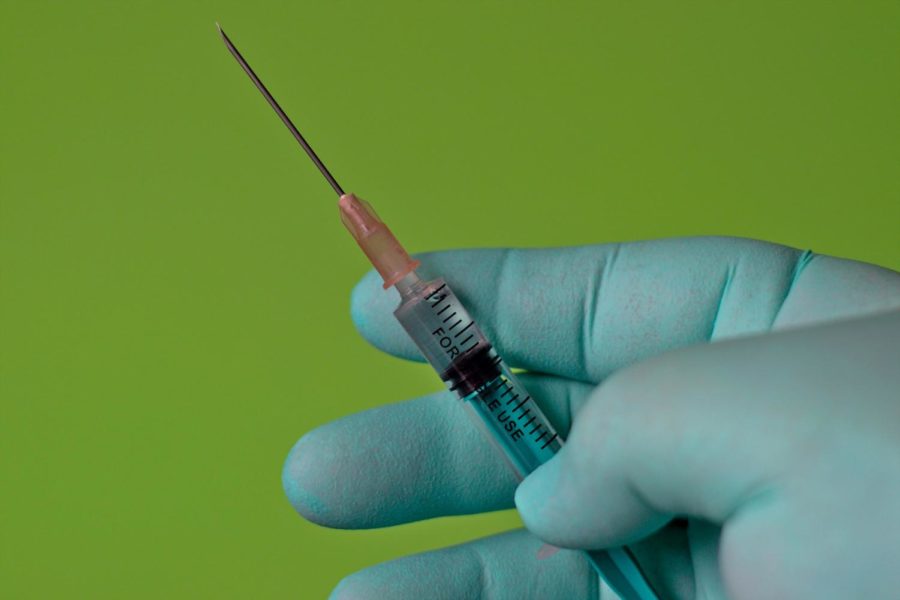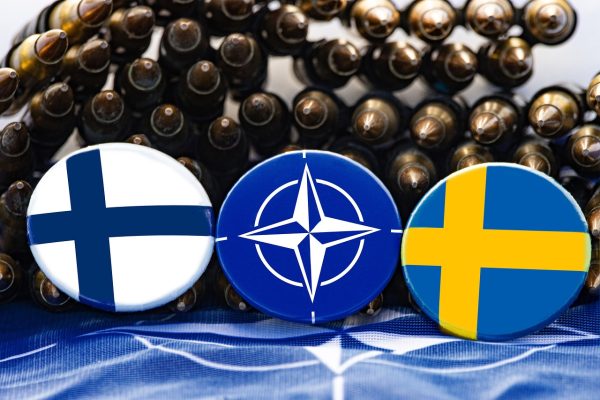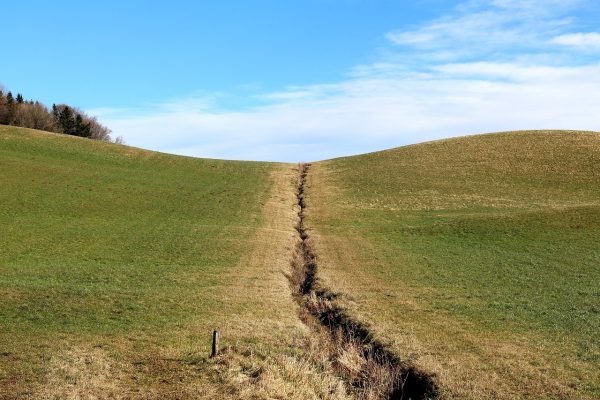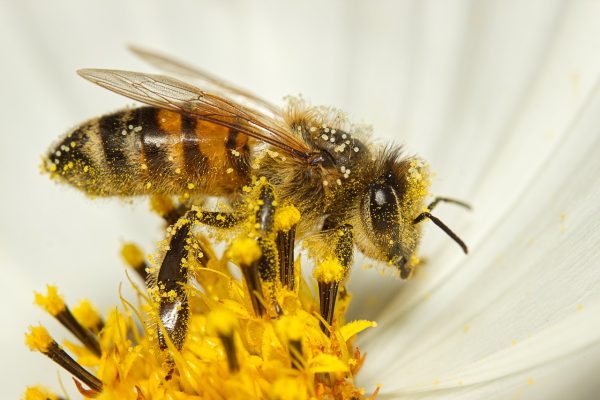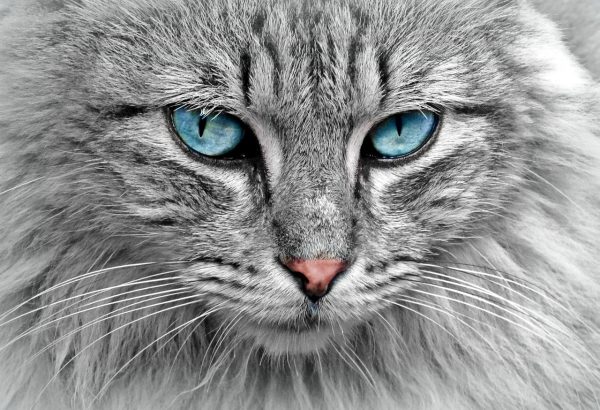The Malaria Vaccine. What does it mean?
The WHO (World Health Organization) has approved the first malaria vaccine. The vaccine is the RTS,S/AS01, and is known by the brand Mosquirix. It requires four shots and is the first vaccine against a parasitic disease. The vaccine has been being developed for almost a hundred years. Since the 1960s, they were testing a potential vaccine on animals and human candidates. Malaria is deadly in areas in Africa, and it not so prevalent in the developed world. Malaria kills about 500,000 people a year, half of which are African children. The new vaccine will be key in helping kids survive malaria and develop resistance to it.
The vaccine has already gone through clinical trials in Kenya, Malawi, and Ghana. 2.3 million doses have been given to more than 800,000 children. The vaccine has made the percentage of children protected against malaria go up to more than 90 percent from less than 70 percent. The vaccine has been received by children that were not protected before. It is reaching everyone with no bias towards certain people. It is the best new method of fighting malaria even if it has moderate efficacy. GlaxoSmithKline (GSK), a pharmaceutical company pledges to supply 15 million doses annually, but the WHO predicts that by 2036 demand will rise up to 110 million doses a year. The vaccine is not perfect, but it will provide a stepping stone for future malaria vaccines that are being produced right now. Prakash Srinivasan Assistant Professor at the Johns Hopkins Malaria Research Institute at the Bloomberg School of Public Health stated, “The goal is not to prevent deaths in 30 percent of the kids. The goal is to prevent every single death.” This statement is what this new vaccine, if not every vaccine, is generally about. It is to prevent as much human death as possible. This vaccine may inspire others and may, in fact, create new opportunities for many people currently at death’s door.

